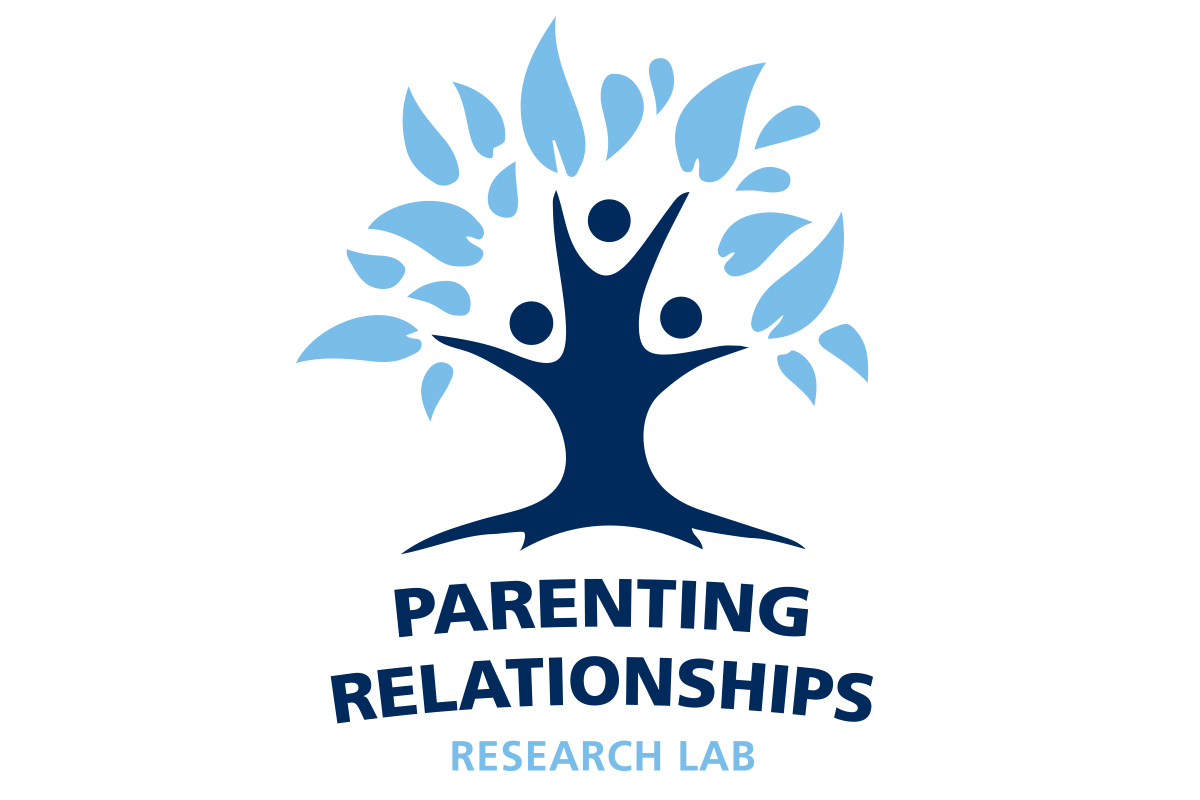
Key Projects
KidsFirst Collaboration
Our partnership with KidsFirst, an agency in Scarborough, Maine focused on providing support for families experiencing divorce and separation is an important and substantial project. Kids First provides a variety of programs that teach parents how to work together effectively in the best interest of their children. The lab provides support for program evaluation and measuring the success of the programs the agency offers. The lab is also working on investigating KidsFirst’s base program to provide a research-backed curriculum. In addition, the lab is collaborating on the development of an app to improve access between the agency and their clients as well as developing initiatives to acquire additional funding.
The Intersection of Ambitious Women & Parenting
This study explores the relationship between hard-working, career-driven women and their experience being mothers. There is an emphasis on the decision-making process regarding children and how having children may have affected mothers’ career trajectories. To what extent, if any, do mothers experience regret after having children? If so, how has that regret been shaped by the impact of having a child on their career trajectories? The study aims to better understand the motivations behind ambitious women becoming parents and how raising children has affected their careers. This project is currently ongoing, and we are looking for participants. Click here to read the qualifications and fill out an initial screening survey.
Recent Publication
Puhlman was recently published in the Journal of Family Theory in Review’s March 2023 issue for a paper titled “Qualitative genogram analysis: A methodology for theorizing family dynamics.”
Abstract: “Genograms have been an important tool for clinicians and therapists working with families; however, the use of genograms has not been extended beyond clinical settings. To address this gap in research, we developed qualitative genogram analysis (QGA), a three-step protocol for analyzing transcribed interviews using family systems theory, representing family systems relational concepts visually in genograms, and identifying common patterns of family dynamics that emerged from these visualizations across families. We present the QGA protocol using interviews with family members who experienced elder family financial exploitation. This innovative use of genograms as part of an analytical process allows researchers to theorize family systems in innovative ways and go beyond examining each family relationship as a “variable” and look at relationship dynamics systemically and wholistically across families.”
, , , , & (2023). Qualitative genogram analysis: A methodology for theorizing family dynamics. Journal of Family Theory & Review, 15( 2), 276– 291. https://doi-org.wv-o-ursus-proxy02.ursus.maine.edu/10.1111/jftr.12496

